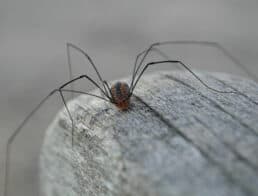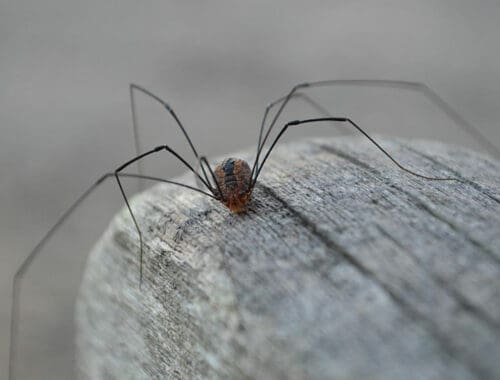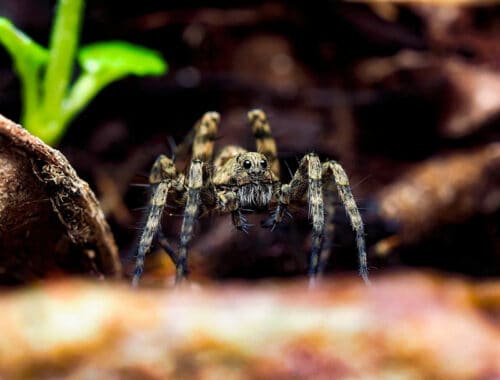You may have heard that lilies are toxic to dogs and should be removed from pet households, but what about Daylilies? Thankfully, they’re not a threat to your dog’s health as they are non-toxic to dogs. However, they don’t form part of a dog’s diet and can, therefore, cause gastrointestinal upset if consumed. It’s also necessary to note that although non-toxic to dogs, they are toxic to cats.
Lily and Daylily Differences
Because Daylilies are safe to keep in your home and Lilies are not, it’s necessary to know their differences so as not to end up with the wrong one in your home. Although these two flowers share similarities in their names, they’re not from the same family and have many differences.
Some differences between the two flowers are their heights, with Daylilies growing to around 4 feet tall and Lilies reaching 10 feet in height. Lilies bloom much longer than Daylilies, which typically last one day. Daylilies grow from rhizomes, and Lilies grow from bulbs.
Yellow, pink, and red are the flower colors these two species share.

Non-toxic vs. Toxic Types of Lilies
Non-Toxic
There are several types of “lilies” that aren’t toxic to dogs, with Daylilies being one of them. Although they’re safer to have around your home, you should still discourage your dog from playing with the plant or chewing on it as Daylilies don’t naturally form part of a dog’s diet, and they can still cause gastrointestinal upset in your dog if consumed. Of course, you also want to prevent damage to your plant as well.
Other lilies that are non-toxic to dogs are the Peruvian Lily, Easter lily, Tiger lily, Stargazer lily, Spider lily, Wood lily, and Japanese show lily.
Toxic Lilies
If your dog eats a lily, they will become very sick—especially if they’ve consumed the tubers, as they’re generally most concentrated with the colchicine alkaloids. Unfortunately, many lily poisoning cases result in organ damage and death if not treated quickly.
If your dog consumes a Daylily, observe them and make sure they’re fine. They may have gastrointestinal upset, but it should pass once the contents of the flower have passed through their bodies. Gastrointestinal upset includes vomiting and diarrhea with abdominal pain and discomfort. If you see these symptoms, phone your veterinarian and tell them about what occurred.
However, if your dog has eaten one of the types of lilies listed below, take them to your veterinarian immediately. Otherwise, call the ASPCA at (888) 426-4435.
- Rain Lily: The bulbs are the most poisonous part.
- Peace Lily: Every part of this plant is toxic to dogs.
- Calla Lily: Even small quantities of this plant can make your dog very sick.
- Lily of the Valley: The leaves, flowers, and roots are poisonous to dogs.
- Gloriosa Lily: The tubers have concentrated amounts and are the most toxic part.
Some of these Lilies are slightly more toxic than others, with some parts causing more harm to dogs than other parts. If your dog has chewed up and ingested any part of these plants, it’ll help your veterinarian if you can identify which parts were ingested.

Symptoms of Lily Poisoning
Lilies that contain alkaloids are the most dangerous to your dog because they cause damage to their red blood cells. However, how badly your dog is affected will depend on how much of the Lily was consumed, which part/s, the type of Lily, and your dog’s size.
If you can identify any of these symptoms in your dog within 2 hours of ingesting a plant in your house or garden, you need to take action immediately.
- Vomiting
- Diarrhea
- Drooling
- Lack of appetite
- Weakness
- Pawing at their face
If treated quickly, your dog may only have to endure induced vomiting to bring up the contents of the Lily. Due to how long it’ll take to reach your veterinarian, you may have to do this yourself with hydrogen peroxide. However, you need to receive and follow the correct steps and instructions from your veterinarian over the phone or from an animal poison control center.
If too much time has passed, your dog will need to be seen by the veterinarian to get activated charcoal into their body to remove the toxins. They’ll also receive prescribed medication. Thankfully, most poisoning from Lilies won’t result in overnight hospitalization unless they consumed the Lily of the Valley or didn’t receive treatment soon enough.
Final Thoughts
Daylilies aren’t poisonous to dogs, but they can cause gastrointestinal upset, which isn’t comfortable. Keep all plants out of your dog’s path for their own preservation as well as the health of your dog. Before bringing a Lily home, it’s a good idea to make sure it’s non-toxic and safe.
Featured Image Credit: ulleo, Pixabay














